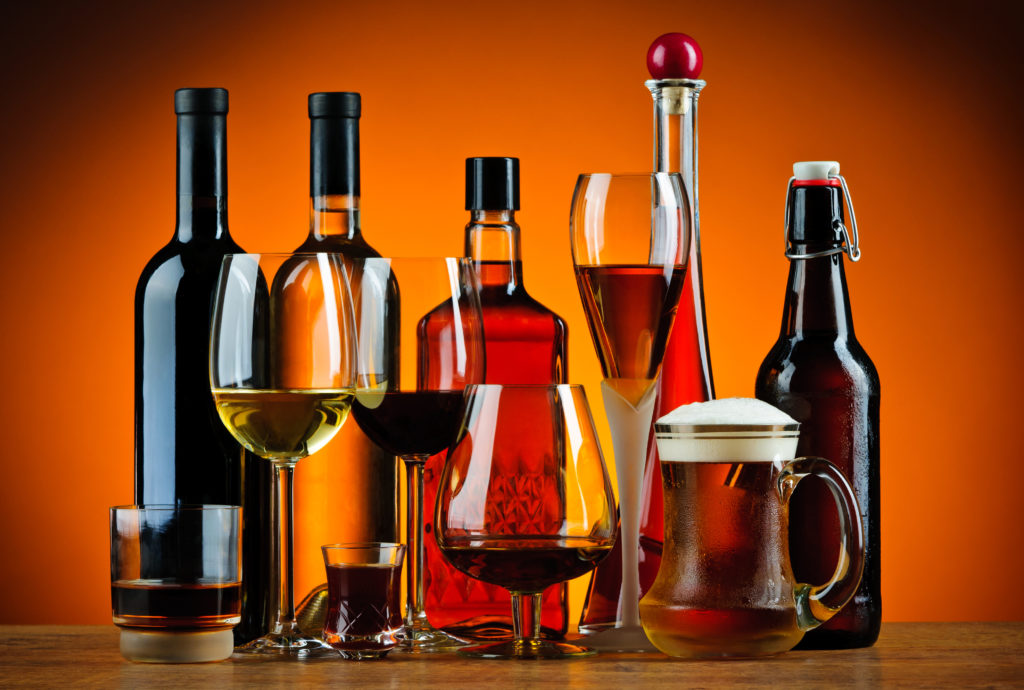
I’ve reported on alcohol a number of times. Most recently reporting that even low quantities of alcohol appear to age the brain (however, higher quantities are much worse).
Researchers had previously found that a signalling molecule pathway in the brain seemed to affect addiction and withdrawal from alcohol. But a team of researchers at Scripps Research Institute have found that activating this, in mice at least, did not impact their withdrawal symptoms. Yes, they do get mice drunk and addicted on alcohol for this research. So, the search is now on to find the precise mechanisms that control withdrawal symptoms. This has many obvious benefits apart from a clearer understanding of withdrawal in general and ways to manage this.
For me I just found it fascinating that this was researched in the first place and that addiction and withdrawal can be controlled by different mechanisms in the brain.
Reference:
Max Kreifeldt, Melissa A. Herman, Harpreet Sidhu, Agbonlahor Okhuarobo, Giovana C. Macedo, Roxana Shahryari, Pauravi J. Gandhi, Marisa Roberto, Candice Contet.
Central amygdala corticotropin-releasing factor neurons promote hyponeophagia but do not control alcohol drinking in mice.
Molecular Psychiatry, 2022
DOI: 10.1038/s41380-022-01496-9
More Quick Hits
Do We Lose Brain or Muscles First?
As we age things start to decline, we all know that – happens to the best of us…
Cravings for Fatty Food and the Gut-Brain Connection
Research hot off the presses is showing something interesting happening with our desire for fatty food….
How to Form Optimal Groups for Learning
There has been a long-standing debate and discussion in learning contexts for what is the best way to form groups for optimal learning when there are different abilities in those groups…
Extreme Temperatures Increase Hate Speech Online
I am sure we all know that feeling of getting more irritable when temperatures rise – well we now have evidence that…
News Addiction is Bad for Your Mental (and Physical) Health
Many years ago I first heard the advice of “Don’t watch the news if you want to be happy”…
Fresh Teams are More Effective and More Innovative
We all know that just about anything in the world is produced by teams. This has never been more true than in scientific disciplines…
Too Much of a Good Thing – Why Leaders Can be Too Extraverted
Extraversion is considered a positive trait particularly in leadership – but can there be too much of a good thing?
Gene Mutation Leads to Being “Clueless”
Researchers at the UT Southwestern Medical Centre have discovered a genetic mutation that impacts memory and learning.
Humble Leaders Make Teams More Effective
This study showed that those in groups with leaders who showed the highest humility reported multiple positive results all of which can be directly correlated to higher performance.
Micro Breaks Improve Performance and Wellbeing
We all know that taking breaks is good for our brain and wellbeing – in fact we absolutely need to take breaks. It is just the way our brain and body is designed.










